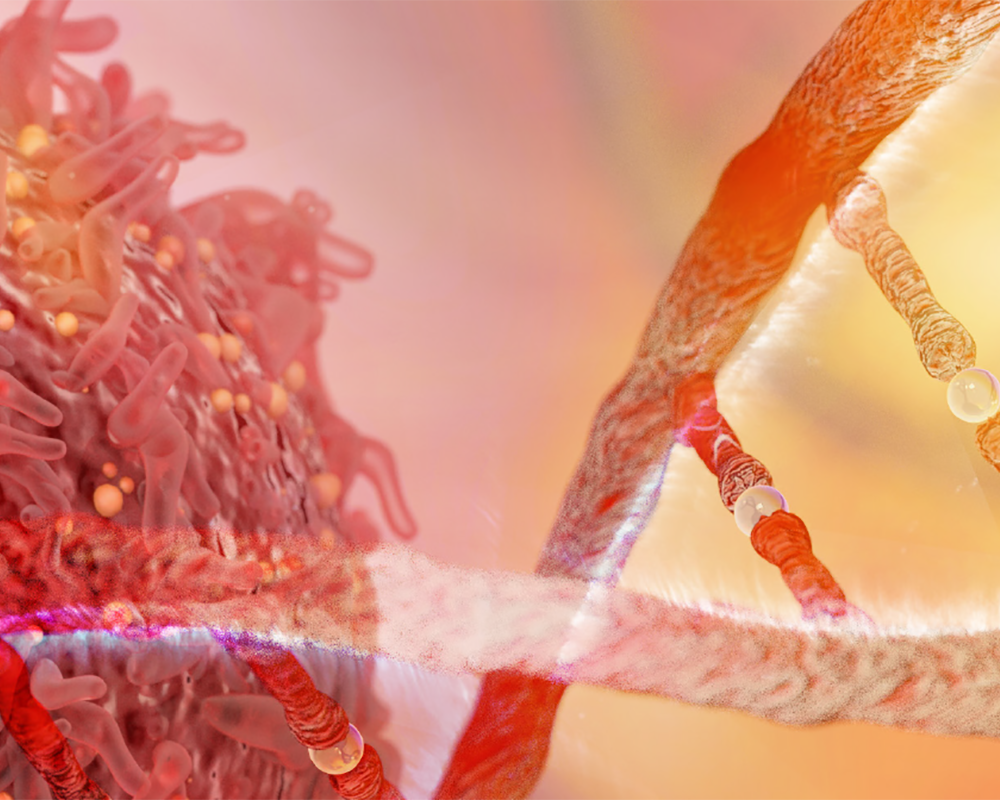Immunotherapy is a type of cancer treatment designed to use the body’s immune system to recognize and fight cancer. This can be done by boosting the immune system’s natural defenses to allow it to find and attack cancer cells or by making immune system components in a lab that can restore and improve how the immune system works.
Immunotherapy has become an effective treatment option for certain cancers. Some of these include:
- Lung cancer
- Kidney cancer
- Bladder cancer
- Melanoma
- Renal cell cancer
- Head and neck cancer
- Hodgkin’s lymphoma
- Non-Hodgkin’s lymphoma
- Certain types of colon cancer
The role of the immune system
The immune system is a collection of organs, special cells, and substances that help protect the body from infections and diseases. However, since cancer starts in normal cells, the immune system doesn’t always recognize them as foreign.
To overcome this, researchers have looked for ways to help the immune system find cancer cells and strengthen its response so that it will attack the unhealthy cells.
Types of cancer immunotherapy
Immunotherapy works better for some types of cancer than for others. Depending on the form of cancer, immunotherapies may be used on their own or with other treatments. Immunotherapy drugs can be given through an IV, orally, as a topical treatment, or put directly into the bladder through a catheter. Some immunotherapies used to treat cancer are:
- Checkpoint inhibitors: These drugs block and disrupt signals from cancer cells so the immune system can target and attack them.
- Chimeric antigen receptor (CAR) T-cell therapy: This therapy takes some T-cells from a patient’s blood and mixes them with a special virus that teaches the T-cells how to attach to tumor cells. The modified cells are then given back to the patient so they can find, attach to, and kill the cancer.
- Cytokines: This treatment uses cytokines (small proteins that carry messages between cells) to stimulate the immune cells to attack cancer.
- Immunomodulators: A group of drugs that can boost parts of the immune system to treat certain types of cancer.
- Cancer vaccines: Cancer vaccines are immunizations that jumpstart the immune response to cancer. They can help protect people from viruses such as HPV and Hepatitis B which have been linked to certain kinds of cancer.
- Monoclonal antibodies (mAbs or MoAbs): These are man-made proteins that act like human antibodies in the immune system. They can be designed to attack a very specific part of a cancer cell.
- Oncolytic viruses: This treatment uses viruses that have been modified in a lab to infect and kill certain tumor cells.
Side effects of immunotherapy
Immunotherapy typically has fewer side effects than traditional chemotherapy drugs, but patients may still experience adverse reactions to the therapies and medications. It is important to inform the doctor of any potential side effect, even if it’s not usually associated with immunotherapy.
Immunotherapy side effects:
- Heart palpitations
- Headaches
- Flu-like symptoms
- Skin redness/Blistering/Dryness
- Inflammatory conditions
- Changes in blood pressure
- Weight gain
- Fatigue/weakness
- Diarrhea
- Shortness of breath
- Swelling
- Hormone changes
The future of immunotherapy
The advances in immunotherapy hold great promise for the treatment of certain types of cancer and the overall benefit to patients. However, immunotherapy is not right for everyone. Patients should be carefully evaluated to determine if they are a potential candidate. If you are interested in immunotherapy treatments, talk with your doctor about whether immunotherapies are available for your cancer. You may be eligible to take part in a clinical trial.
For more information, call Minnesota Oncology at (844) 317-4673 or visit https://www.mnoncology.com/diagnosis-and-treatment/cancer-treatments/immunotherapy




